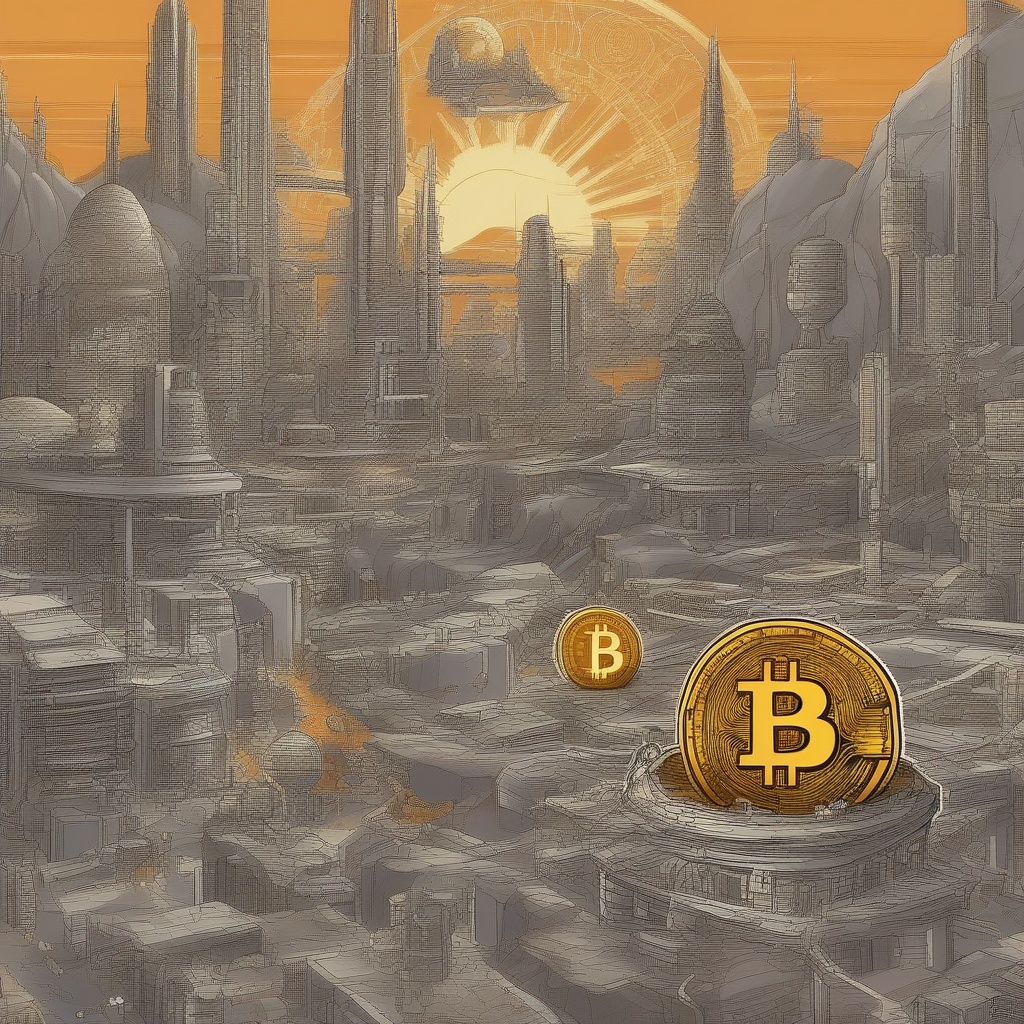Who pays hidden costs?
Who exactly bears the burden of those elusive hidden costs in the world of cryptocurrency and finance? Are they silently absorbed by investors, traders, or perhaps even the platforms themselves? As we delve deeper into the intricacies of this digital landscape, it's imperative to uncover the true nature of these costs and their impact on the players involved. Are there any mechanisms in place to ensure transparency and fairness in their distribution? Or are they simply an unfortunate byproduct of navigating this complex and ever-evolving financial ecosystem?

What are the hidden costs of buying and selling Bitcoin?
In the world of cryptocurrency trading, Bitcoin has undoubtedly taken a forefront position. However, the question remains: are there hidden costs that investors should be aware of when engaging in the buying and selling of Bitcoin? Firstly, transaction fees are a significant cost that often gets overlooked. These vary depending on the platform or wallet being used and can add up quickly, especially for frequent traders. Secondly, the volatility of Bitcoin prices can result in significant losses if one is not careful with market timing. Additionally, the potential for scams and fraud in the unregulated cryptocurrency space is another factor that investors should be wary of. Understanding these hidden costs is crucial for making informed decisions and protecting one's investment in Bitcoin.

